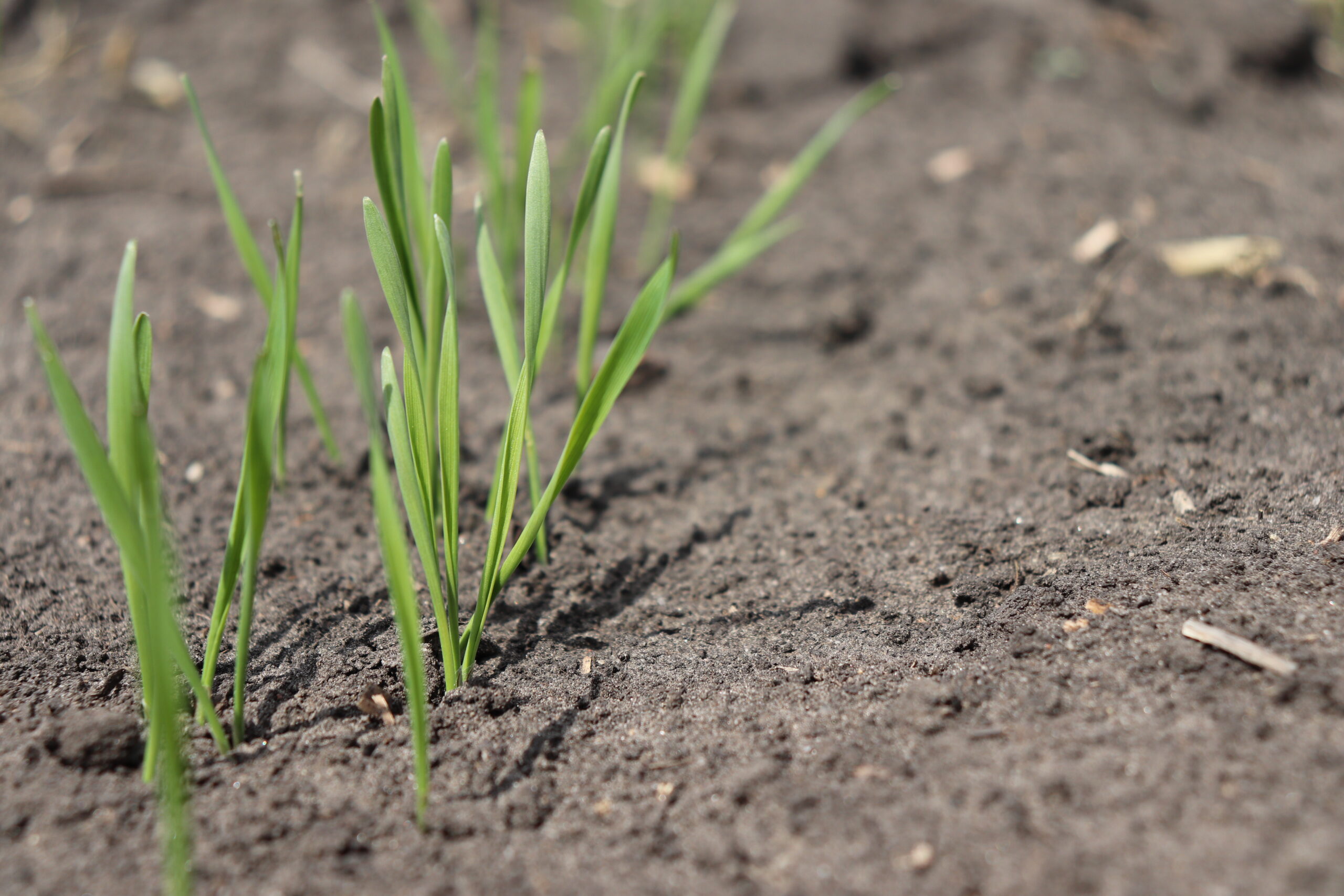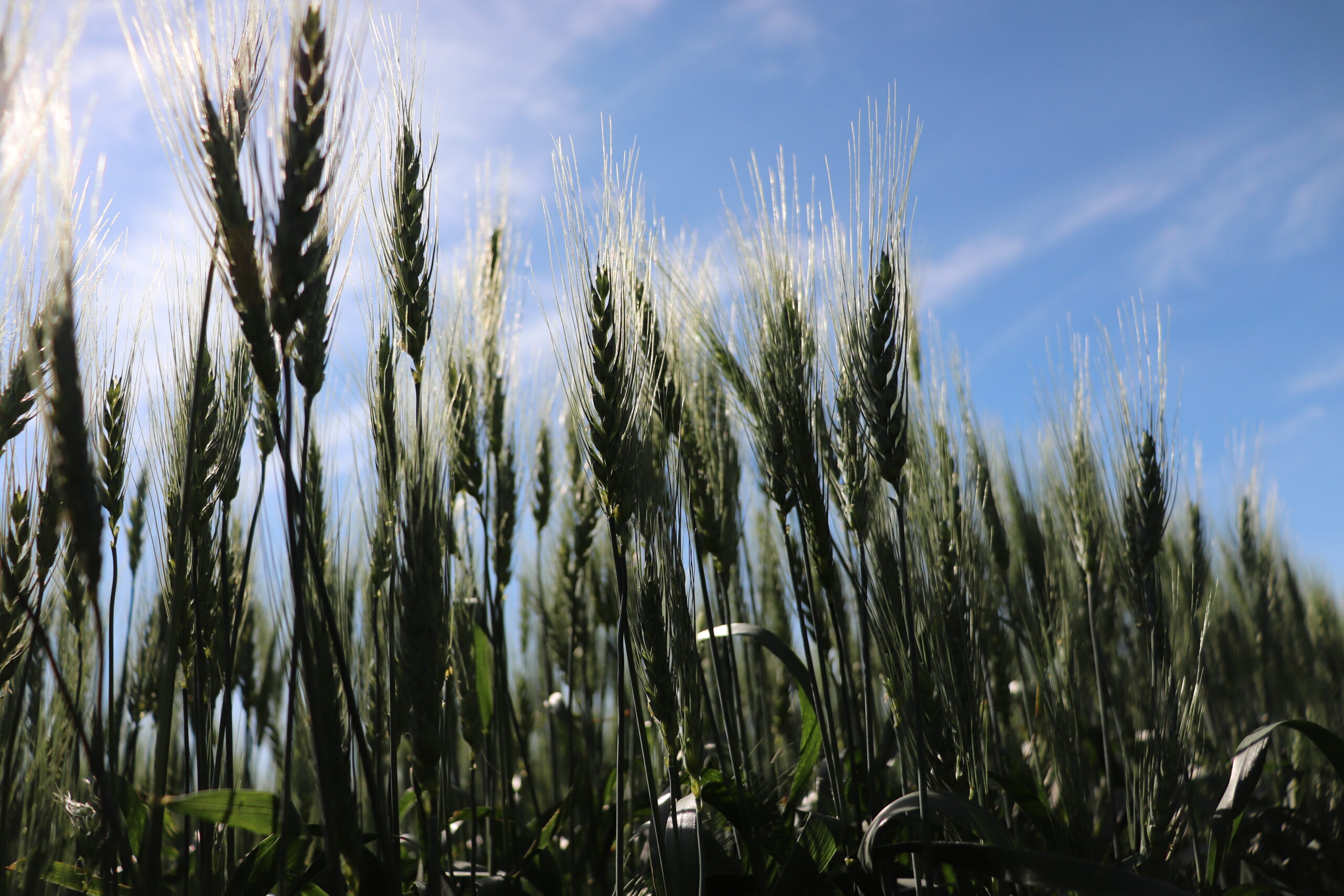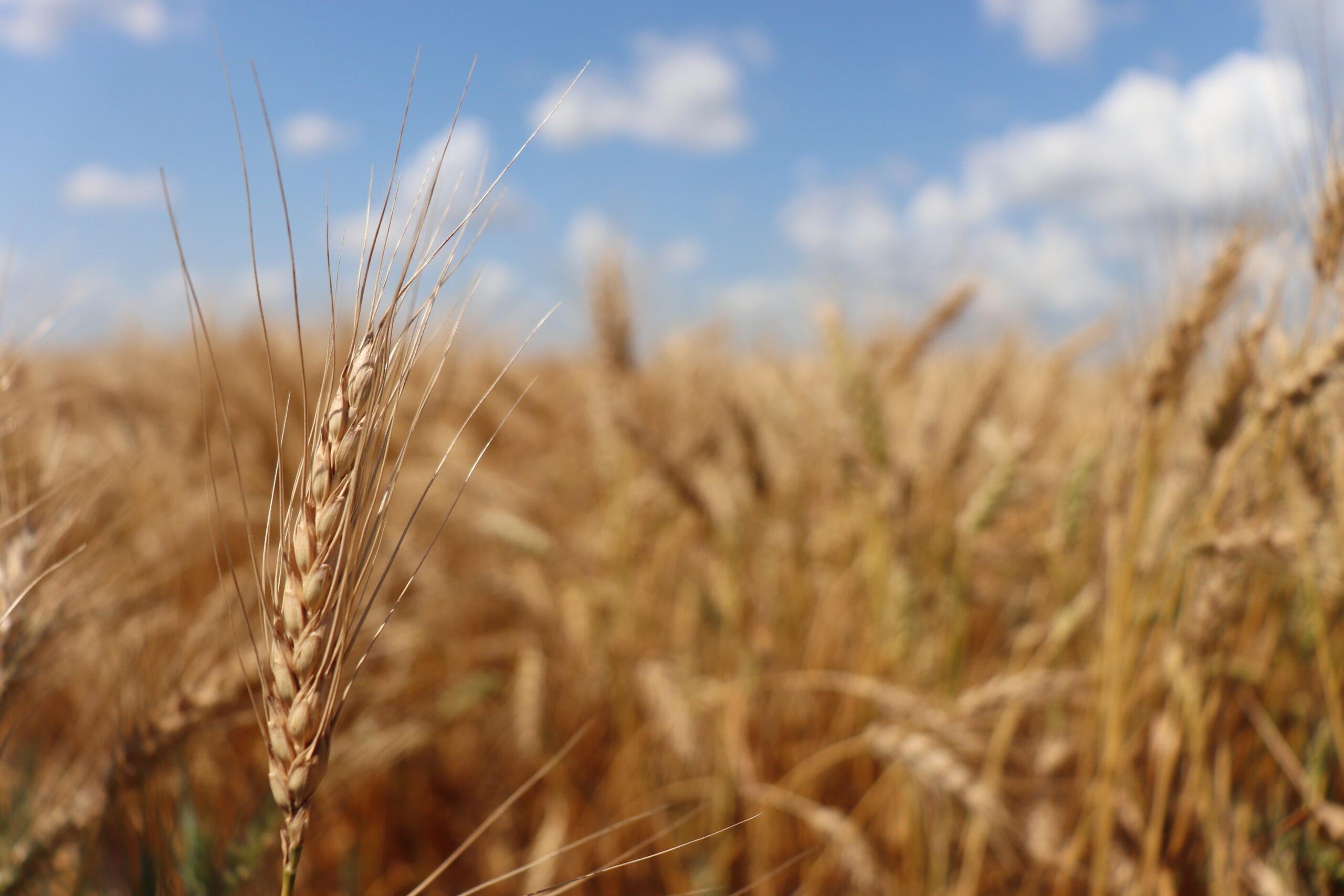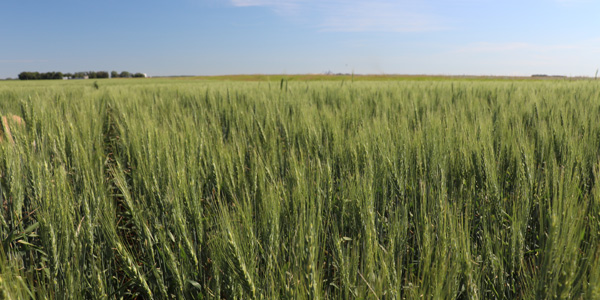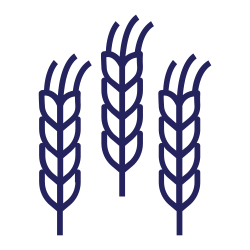Section Title
Characterization of a genomic region controlling spikelet number and improved fertility under drought stress in wheat
Crop Types
- Wheat
Yield resilience in the face of adverse climatic conditions is a desirable cultivar trait; climate predictions continue to forecast harsher and more unpredictable environments and Canadian prairies are not an exception. High yields are not as valuable if they come unpredictably and irregularly. Spikelet number is a component of yield. Yield can be given as a function of grain heads per m, grains per head, and thousand kernel weight (TKW). Components of yield often have antagonistic effects, and a rise in one function correlates with a relative drop in another. To increase yield, an increased spikelet number must not come at a larger cost to another yield component. This project is focused on answering some of these questions by characterization of the genomic region carrying Trehalose-6-phosphate (T6P) phosphatase (TPP) and Sucrase genes.
Objectives
- Identify downstream regulatory effect of Trehalose-6-phosphate (T6P) phosphatase (TPP) gene in wild wheat (Ae. tauschii).
- Determine the dosage effect of TPP gene in bread wheat as it relates to spikelet number and other agronomic traits.
- Determine TPP effectiveness in increased spikelet number & improved floret fertility in wheat cvs. CDC Stanley & CDC Landmark

